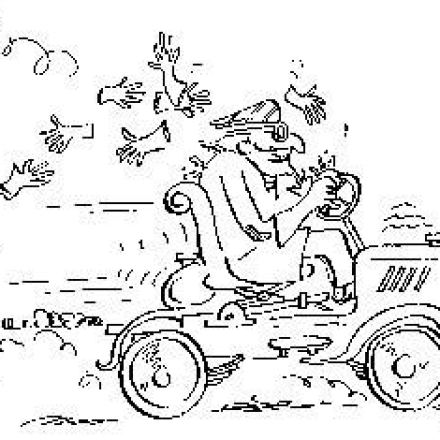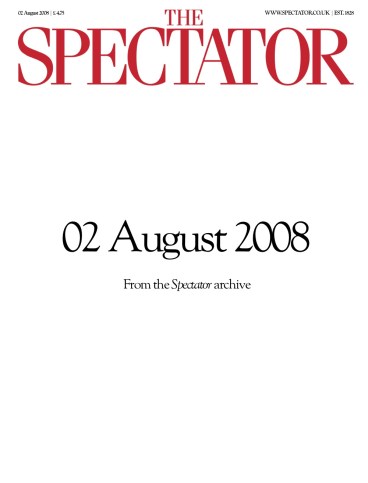Not tired of this life
Philip Hensher on Peter Martin’s biography of Samuel Johnson Thanks to Boswell’s inexhaustibly interesting biography, Samuel Johnson is deeply familiar to us, even in his most extreme eccentricities. It’s easy to forget how bizarre and alarming he must have seemed to most of his contemporaries. His involuntary movements were such that modern scholars have often wondered



